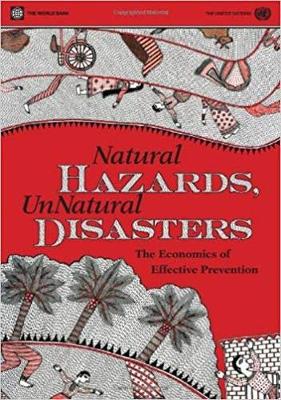Earthquakes, droughts, floods, and storms are natural hazards, but unnatural disasters are the deaths and damages that result from human acts of omission and commission. Every disaster is unique, but each exposes actions―by individuals and governments at different levels―that, had they been different, would have resulted in fewer deaths and less damage. Prevention is possible, and this book examines what it takes to do this cost-effectively.
It looks at disasters primarily through an economic lens. Economists emphasize self-interest to explain how people choose the amount of prevention, insurance, and coping. But lenses can distort as well as sharpen images, so the book also draws from other disciplines: psychology to examine how people may misperceive risks, political science to understand voting patterns, and nutrition science to see how stunting in children after a disaster impairs cognitive abilities and productivity as adults much later. Peering into the future, it shows that while urbanization and climate change will increase exposure to hazards, vulnerability can be reduced if cities are better managed.
This book will be of interest to government officials, urban planners, relief agencies, NGOs, donors, and other development practitioners .
- ISBN13 9780821380505
- Publish Date 30 November 2010
- Publish Status Active
- Publish Country US
- Imprint World Bank Publications
- Format Paperback
- Pages 276
- Language English
